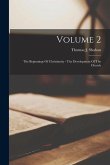A critical work by noted historian Ellis Rivkin show the consequences of history for the Jewish people. For centuries, Christians and Jews have wrestled with the legacy of the Gospels, which traditionally assigned the responsibility for the arrest, trial, and crucifixion of Jesus to the Jewish people. Now noted scholar Ellis Rivkin questions this interpretation, providing instead an original and fully documented premise. Using Josephus's writings, Dr. Rivkin reconstructs the context of life in Jesus' day and projects a portrait of a hypothetical "charismatic of charismatics" who might have lived in those times--a man of eloquence, miracles, and magnetism. Such a figure would have posed an enormous threat to the Roman authorities, and his inevitable fate would have been sealed through a thoroughly political process. When Rivkin's charismatic of charismatics is compared with the historic Jesus of the Synoptic Gospels, the resemblance is dramatic. This similarity bears convincing testimony that responsibility for Jesus' death is not a question of who but what, Rivkin argues, and it lies not with the Jews but with the imperial system of Rome. What Crucified Jesus? provides an important bridge of reconciliation between Jews and Christians. It offers Jews a new, more sympathetic look at the life and teachings of Jesus and gives Christians fresh evidence of the authenticity of the Synoptic Gospels in their reporting of the earthshaking events two thousand years ago. Each of the additional essays sheds further light on the interaction of Jews and Christians in the formative years of the early church.

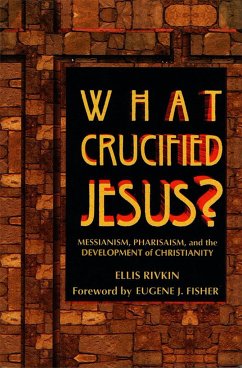


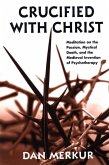
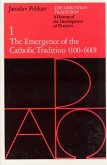
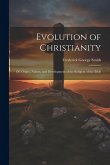
![The Calvary Pulpit [microform]: Christ, and Him Crucified The Calvary Pulpit [microform]: Christ, and Him Crucified](https://bilder.buecher.de/produkte/65/65490/65490524m.jpg)
